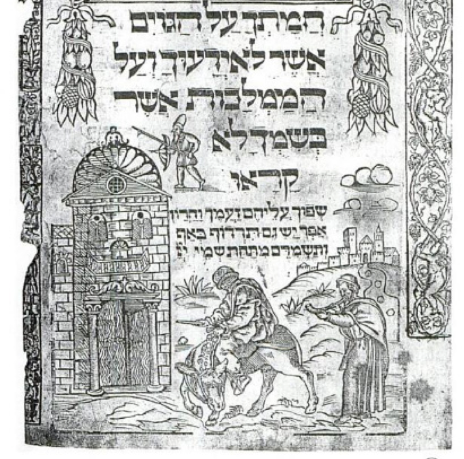The Not Yet
I'm currently finishing my first monograph, Fictions of the Not Yet: Time and the Contemporary British Novel. The book interrogates representations of time within the late twentieth- and early-twenty-first century British novel. Central to this study is the assertion that utopian literary and political forms not only persist within the twenty-first century but are shaping an emerging body of “mainstream” literary fictions (as opposed to works of “speculative” genre fiction), and that a new strategy of reading is necessary in order to examine the importance and formal innovations of these visions of temporal alterity and futurity.
Writers like Jeanette Winterson, Jim Crace, John Burnside, Marina Warner, Maggie Gee, David Mitchell, Jon McGregor and Sam Taylor are producing innovative engagements with time through their narratives of futurity, apocalypse, transmigration and haunting. A shared preoccupied with rupturing conceptions of linear historical progress brings these novelists together, and their dynamic body of fictions demonstrates the ways in which literary texts can contribute to critical and philosophical theories of historical temporality.
Fictions of the Not Yet is the first critical monograph to read contemporary British novels alongside philosophical discourses of temporality through the lens of utopia. I draw on the category of the “Not Yet” (Noch Nicht), as developed by the German utopian philosopher Ernst Bloch (a hugely prolific and under-studied thinker – see the Centre for Ernst Bloch Studies), to map out the ways in which the representations of time within contemporary British novels draw upon – but crucially extend – early twentieth-century, modernist conceptions of time: through their shared preoccupation with rupturing linear chronology and rethinking time so that interior and subjectively-experienced “moments” of historical possibility emerge.
The book thus establishes a new strategy of reading contemporary fiction which enables us to investigate a range of generic, thematic and cultural questions, examining: what narrative functions these representations of time perform; what philosophical questions they raise; what utopian strategies they employ; how their various generic experimentations and thematic preoccupations weave between secular as well as religious models of time; and what their broader cultural and political implications might be.
Endorsements:
“Various commentators have described twenty-first century literature somewhat inadequately, as broadly post-secularist, late modernist etc. in the wake of multiculturalism, 9/11, postmodernism, apocalypticism. But this book really does offer a more interesting way of looking at some significant new directions in fiction. […] Very well-written, exhaustively researched, never less than sophisticated and acute in its arguments this book makes a genuine contribution to knowledge: both in its engagement with the utopian tradition and with its reading of contemporary fiction and culture … a truly impressive piece of work.”
Professor Patricia Waugh, Durham University
“Extremely well written, lucidly and coherently argued … the new strategy of reading which is developed gives the book its distinctive quality and the way in which critical theory is harnessed to literary textual analysis yields a whole range of original insights.”
Professor Roger Bromley, University of Nottingham
“Caroline Edwards’s study Fictions of the Not Yet is outstanding in its synthesis of a challenging range of theoretical writing with astute and original critical analyses of leading examples in recent British fiction (David Mitchell, Jim Crace, Jon McGregor, Jeanette Winterson, amongst others). Her book will bring new understanding to utopian studies and be of direct and compelling interest to readers of contemporary fiction and students and scholars in contemporary critical theory.”
Professor Peter Brooker, University of Nottingham







 Dr Caroline Edwards is Senior Lecturer in Modern & Contemporary Literature at Birkbeck, University of London. Her research and teaching specialisms are in 21st century literature and critical theory, science fiction and post-apocalyptic narratives, Marxist aesthetics, and utopianism.
Dr Caroline Edwards is Senior Lecturer in Modern & Contemporary Literature at Birkbeck, University of London. Her research and teaching specialisms are in 21st century literature and critical theory, science fiction and post-apocalyptic narratives, Marxist aesthetics, and utopianism.
0 Comments
Trackbacks/Pingbacks